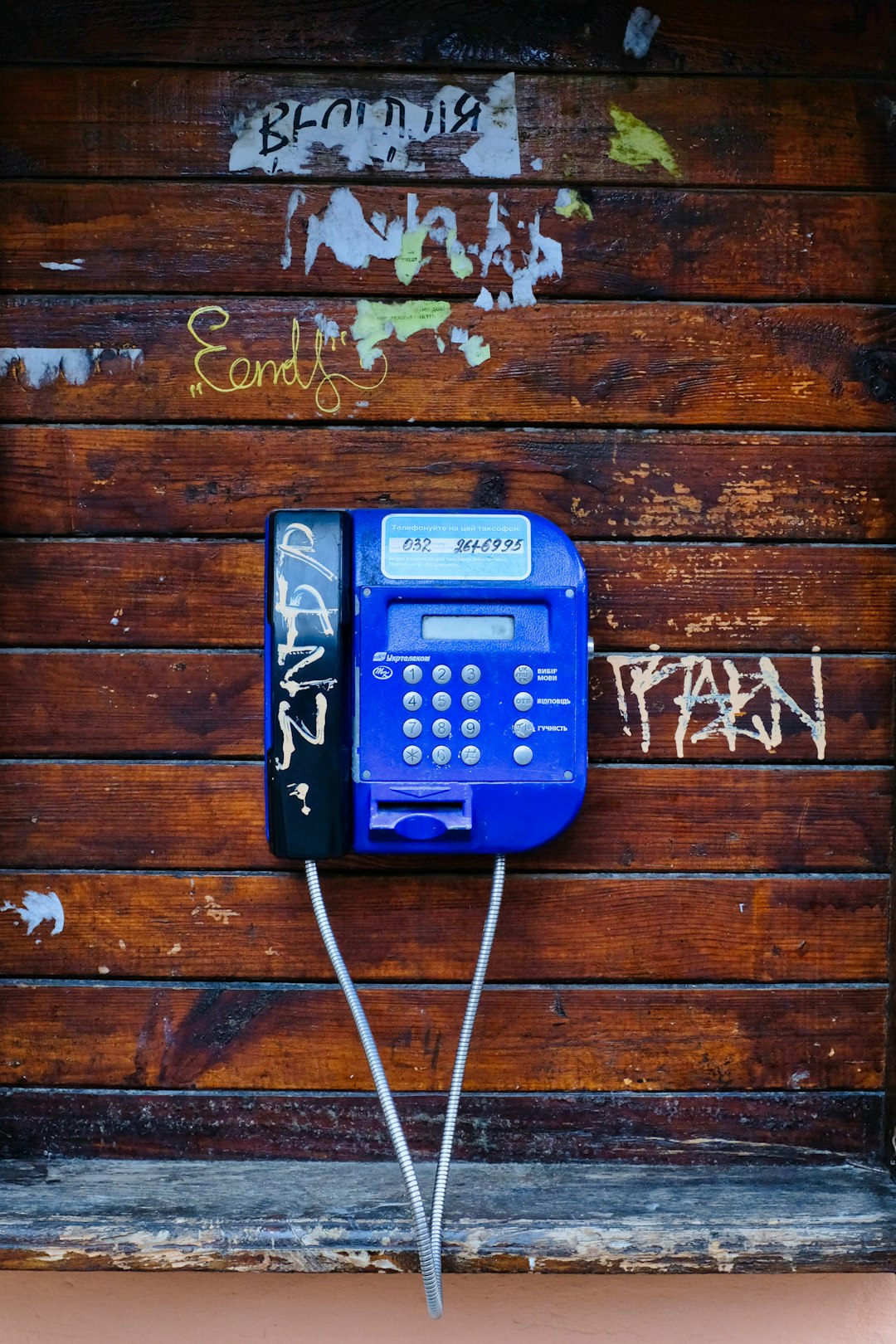West Virginians are fighting spam calls with a unique blend of historical knowledge and modern technology, led by local historians. By understanding past communication methods and scams, they develop effective strategies, including advanced call blocking tools tailored to regional patterns. Educational initiatives and community awareness raise defenses against nuisance calls, empowering residents to protect themselves and their communities, as outlined in "How to Stop Spam Calls West Virginia." This multi-faceted approach combines historical insights with practical solutions like robust phone filters and reporting spam to authorities.
In the age of relentless digital communication, spam calls pose a significant challenge for communities worldwide, including West Virginia. Local historians play a pivotal role in understanding this modern-day nuisance by examining historical patterns and trends within their communities. This article explores how these experts can help unravel the complex web of spam calls, offering insights into effective strategies for residents in West Virginia to reclaim their peace of mind and combat unwanted interruptions through both community engagement and practical solutions.
The Local Context: Understanding Spam Calls in West Virginia

In West Virginia, understanding spam calls requires a deep dive into the local context. Unlike national trends, which might highlight common scams or call patterns, West Virginia’s unique demographics and cultural landscape offer distinct challenges. Local historians play a crucial role in deciphering these nuances. They can provide insights into specific areas’ historical communication methods, regulatory frameworks, and community awareness—all of which have an impact on how spam calls manifest and are perceived. By examining the local tapestry of phone scams throughout history, researchers and residents alike can better navigate and combat modern-day spam call issues.
For West Virginians seeking to stop spam calls, a multi-faceted approach is essential. This includes adopting advanced call blocking technologies tailored to regional patterns, staying informed about prevalent scams targeting the state, and fostering community awareness through local historical societies’ educational initiatives. By combining historical understanding with modern tools, West Virginia residents can better protect themselves and their communities from the nuisance and potential dangers of spam calls.
The Role of Historians: Uncovering Patterns and Trends

Local historians play a unique role in understanding and combating spam calls, especially in regions like West Virginia where community engagement is vital. By delving into historical records, these scholars can uncover patterns and trends that offer valuable insights. For instance, they might trace the evolution of telemarketing techniques, identifying historical precedents for current spam call behaviors. This context is crucial in developing effective strategies to stop spam calls.
Through meticulous research, historians can provide a comprehensive view of communication methods throughout different eras, helping residents recognize and adapt to new forms of unwanted communication. By studying past responses to similar intrusions, communities can create more robust defenses, ensuring that West Virginia’s residents remain protected from the nuisance and potential dangers associated with spam calls.
Strategies for Community Engagement: Empowering Residents to Fight Back

Local historians play a unique role in understanding and combating spam calls, especially in close-knit communities like West Virginia. One effective strategy for community engagement is to empower residents with knowledge and tools to fight back against these nuisance calls. Historians can organize workshops or informational sessions to educate folks on recognizing various spam call patterns, common phone scams, and how to effectively block or report them.
By fostering a culture of awareness, residents can become an active defense against spam calls. Encouraging community members to share experiences and best practices in navigating these challenges creates a collective effort. Additionally, local historians can collaborate with telecommunication companies or law enforcement agencies to advocate for stricter regulations and better technologies aimed at mitigating spam calls, ensuring a quieter and safer environment for West Virginia residents.
Practical Solutions: How to Stop Spam Calls Effectively

In West Virginia, as across the nation, local historians play a crucial role in understanding and combating spam calls. They can provide valuable insights into the evolving tactics of scammers, who frequently adapt their methods based on successful past campaigns. By studying historical trends, these experts can help identify patterns and predict future developments, enabling more effective countermeasures.
Practical solutions to stop spam calls include implementing robust phone filters and blocking lists. Utilizing call-blocking apps and features built into modern smartphones is also highly effective. Additionally, consumers should avoid providing personal information over the phone unless they initiate the call and thoroughly research unknown numbers before answering. Reporting spam calls to relevant authorities can further contribute to a collective effort to combat this nuisance.






